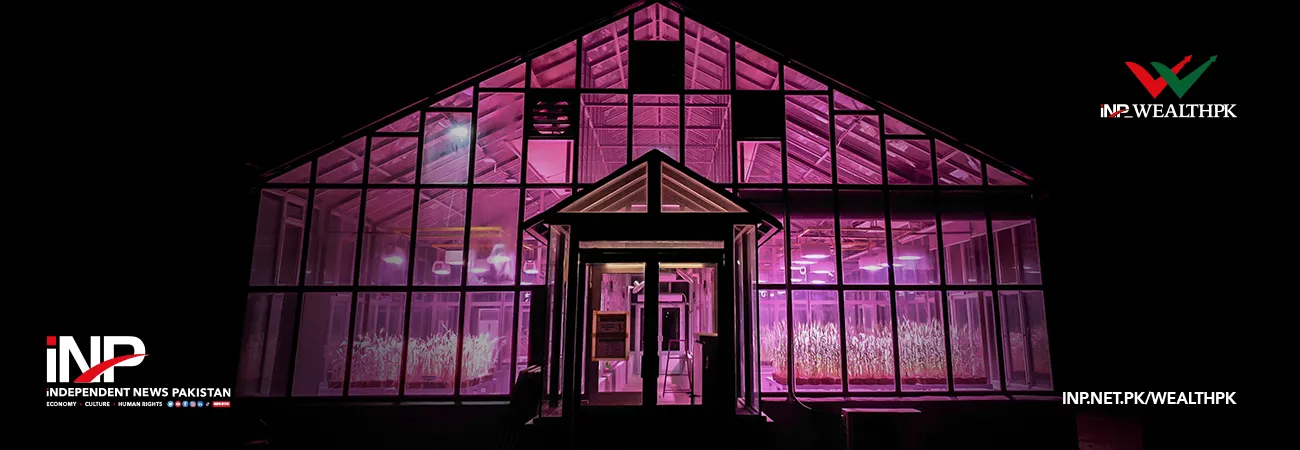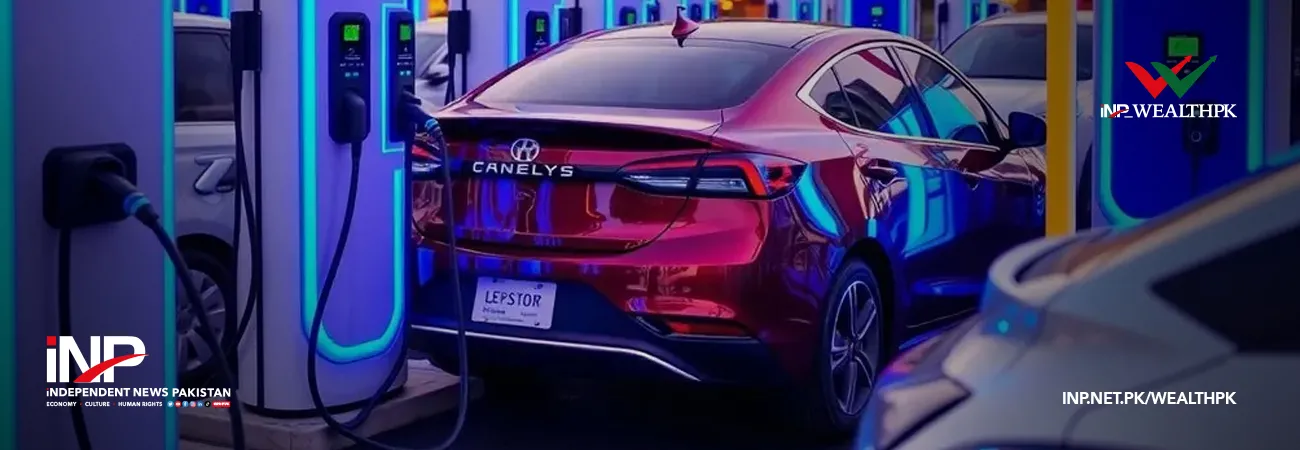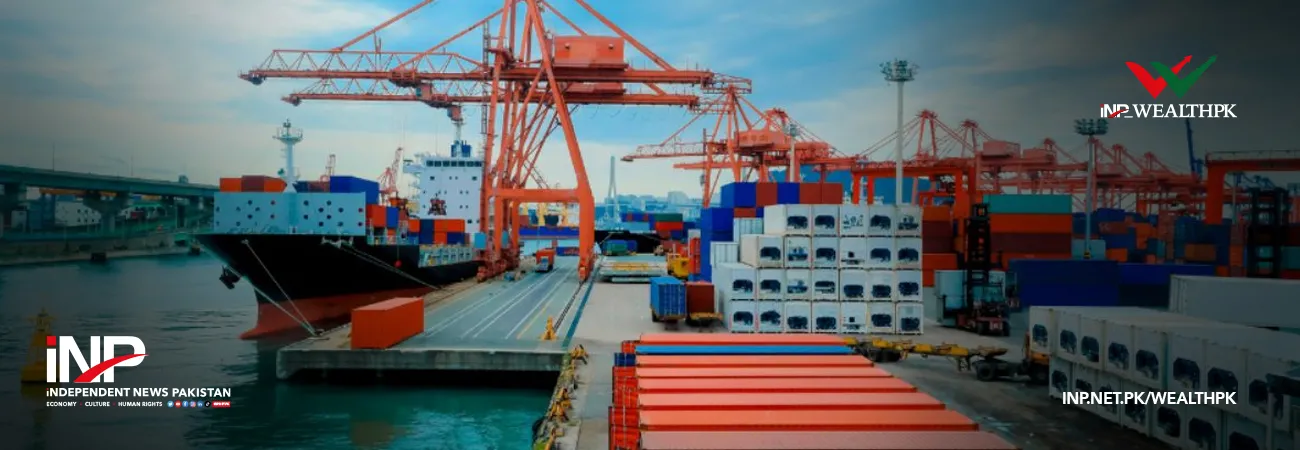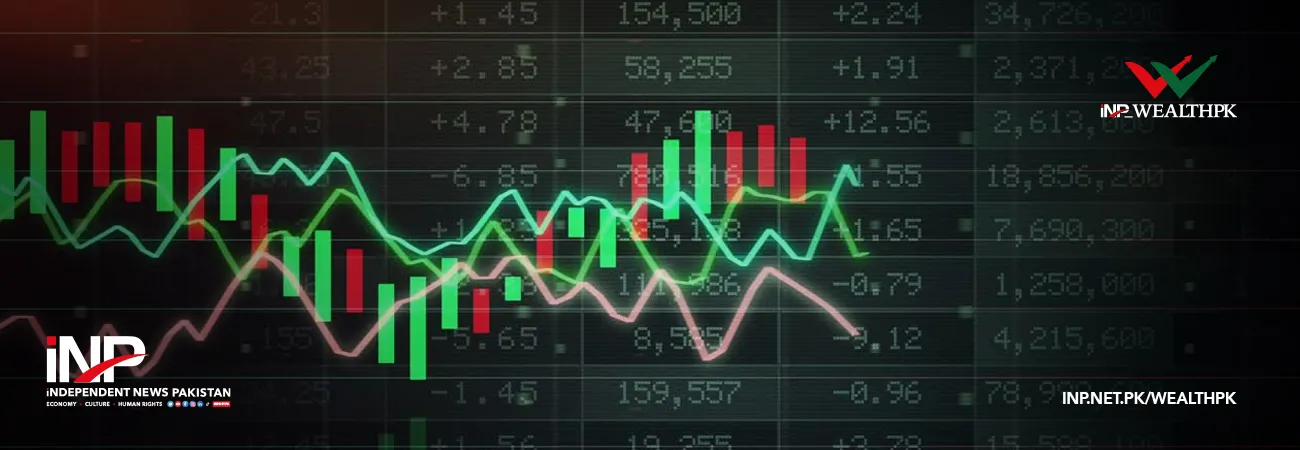By Hifsa Raja
ISLAMABAD, June 06 (INP-WealthPK) Huawei Technologies Pakistan Private Limited is attempting to help Pakistan’s Information and Communication Technology (ICT) industry to become a completely interconnected and intelligent world, reports WealthPK.
In furtherance of its cherished objective, Huawei launched the Digital Week from May 23 to June 1 at the Hive Tower in Islamabad. Around 400 professionals from the sector attended the event.
The professionals came from Jazz, Ufone, China Mobile Pakistan, Zong, Pakistan Telecommunication Company Ltd. (PTCL), Associated Technologies (Pvt) Limited, Perfect Energy Private Limited, ACC Solar Power Solutions, Netkom Technologies, ABY Solar Energy Private Limited, Greaves Pakistan (Pvt) Limited and Engro Enfrashare (Pvt) Limited.
With the theme of “Guide to the Future”, the Digital Week focused on technological developments and future ICT target networks. Throughout the event, Huawei provided guidance to the ICT industry towards the future target networks.
- Saeed, Director of Perfect Energy Private Limited, told WealthPK that Huawei presentation on solar inverter was quite effective.
“They responded to all of our technical inquiries. Their inverter eliminates the limitations of currently available inverters in the market. The connected battery bank to the inverter is highly efficient. There are already grip-tie inverters in the market. However, such a comprehensive solution is required when there is no power in the grid despite the presence of solar radiation. So, Huawei inverter is such an all-encompassing solution,’’ Saeed said.
He said normal inverters shut down when there was no power, but the Huawei battery bank inverter could continue to support the vital load. The product, Saeed said, was quite beneficial and could be used into future endeavours.
“The second benefit of their invention is that they have transformed the enlarged solar inverter into a smart solar system. All the Lithium ion batteries of the battery bank are placed in a single cabinet with an intelligent controller that detects the presence or absence of electricity. If there is no power, an intelligent controller will activate the battery to carry the critical load.’’
According to Arham Hassan, Management Trainee Officer at Bestway, their experience was pretty remarkable. Huawei is well ahead of the competition in terms of technology, Arham said.
“They gave a presentation on how they intend to advance 5G technology and how they plan to upgrade it. Huawei instructed us on data centre maintenance. The primary focus was on effective resource management, and energy efficiency of digital infrastructure. This consists of the physical space, storage, and servers.’’
Attaur Rahman, senior IT service engineer at Huawei, said, "By 2030, we anticipate that 80% of digital infrastructure will employ renewable energy sources, and that energy efficiency will grow 100-fold. We intend to offer a compelling image of a future in which there is low-carbon living, renewable energy, fully-electrified transit, net-zero carbon buildings, as well as a green industrial sector and digital infrastructure will play a significant role in our lives.’’
“Digitalization supports decarbonization, which in turn will unlock digitalization's endless potential. Improving the energy efficiency of digital infrastructure, increasing the proportion of renewables in electricity generation, and enabling green industries are three areas where more innovation is required to ensure sustainable growth. A green and intelligent world is rapidly approaching, and we are convinced that collaboration and ceaseless exploration are the only path ahead,’’ he continued.
The Huawei Green Development 2030 Report states that the industrial sector will go green by 2030 and every 10,000 workers will work with 390 robots. Future buildings will work at net zero carbon. So, deep decarbonization is required in sectors like power, industry, transport, and buildings. Research shows that these sectors can reduce carbon emissions with four approaches by using clean energy (67%), increasing energy efficiency (16%), recycling (10%), and regulation (7%). Digital technology has an important role to play in the implementation of these approaches in future.
Mr. Vanness You, Vice President of Huawei Middle East Carrier Business Group, also attended the ceremony as chief guest.
Addressing the participants, he said, “Huawei Technologies is very proud to see that the ICT industry in Pakistan is transforming from legacy to a truly digitalized industry. It is an honour for Huawei to be the preferred vendor and strategic partner for operators, enterprises and government. We are happy to innovate together with the ICT sector of Pakistan, which is growing rapidly and we hope that this keeps moving further and towards fully connected Digital Pakistan.”
The report says by 2030, there will be 200 billion connections, the overall amount of general computing will have expanded by 10-fold, and the total amount of AI processing power will have increased by 500-fold.
It said renewable energy was becoming mainstream in data infrastructure energy supply, and ICT infrastructure operations and maintenance were becoming entirely automated.
“Using big data, technologies such as neural networks, knowledge graphs, and domain shift will significantly increase O&M efficiency, save a significant portion of repetitive and difficult human labour, and enhance digital infrastructure's problem prevention and prediction capabilities. Differentiated service models driven by data will allow digital infrastructure operations to be more automated and intelligent.’’













